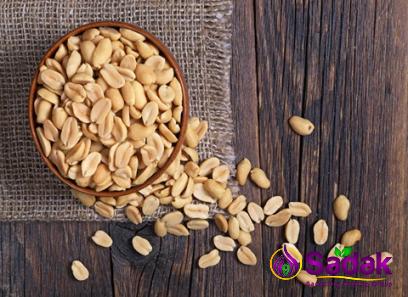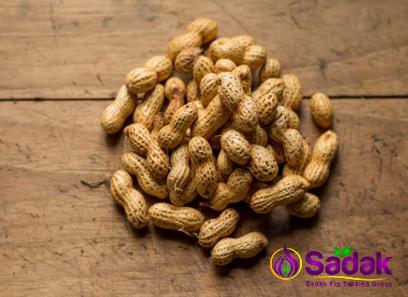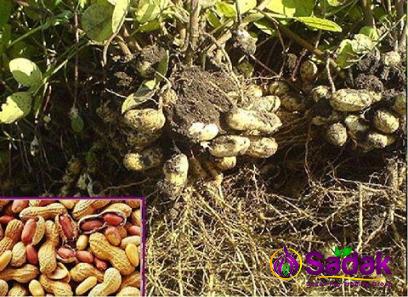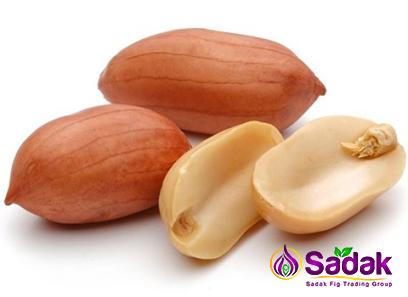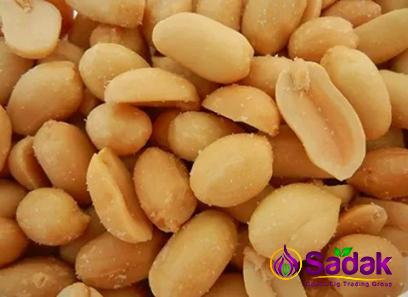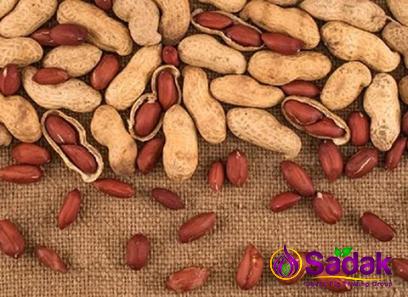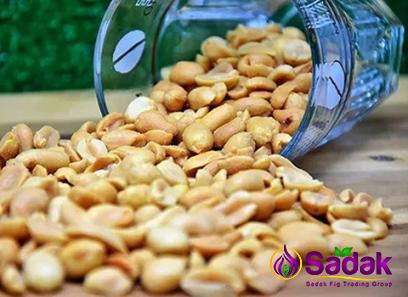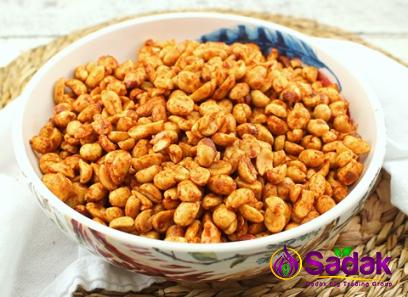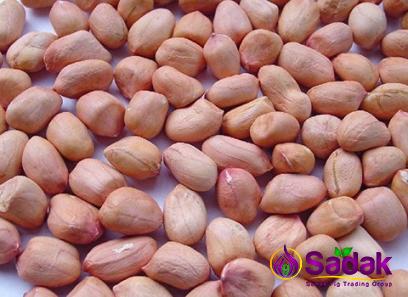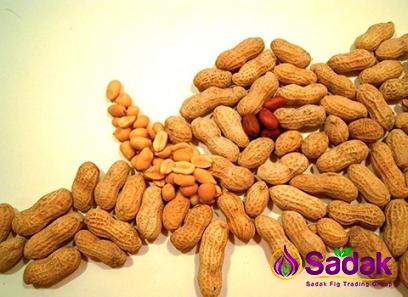India has been a prominent player in the global cashew market for decades. Supported by favorable climatic conditions and a strong agricultural base, the country has emerged as one of the leading producers, processors, and exporters of cashew kernels. This article aims to provide a comprehensive summary of the cashew market size in India, exploring the factors driving its growth, key players, challenges faced, and future potential.
Overview of the Indian Cashew Market:
India’s involvement in the cashew trade can be traced back to the early 20th century. Today, it ranks among the largest cashew producers globally, with the majority of its production centered around the coastal regions of Maharashtra, Karnataka, Kerala, Goa, and Tamil Nadu. Cashews are widely grown in these areas due to the availability of suitable soil and climate conditions.
Market Size and Growth:
The Indian cashew market has witnessed substantial growth over the years. The country’s total cashew production reached an estimated 793,000 metric tons in 2020, making it the largest producer globally. This can be attributed to increased cultivation areas, adoption of improved farming techniques, and government initiatives that promote cashew cultivation.
The market potential is further highlighted by the fact that India processes a significant portion of the global cashew production. It is estimated that around 700 processing units in the country contribute to processing nearly 1.8 million metric tons of raw cashew nuts annually. This indicates the scale and capacity of India’s cashew processing industry, making it a key player in the global value chain.
Exports and International Demand:
India is a major exporter of cashew kernels, accounting for a significant share of global exports. The export market has been a crucial driver of the Indian cashew industry, with demand primarily coming from North America, Europe, and the Middle East. The cashew kernels produced in India are known for their superior quality and are highly sought after by international buyers.
According to data from the Cashew Export Promotion Council of India (CEPCI), India’s cashew export earnings stood at USD 811 million in the fiscal year 2019-2020. The country’s cashew exports have grown steadily over the years, driven by increasing purchasing power, the growing popularity of healthy snacks, and the rising demand for plant-based protein alternatives.
Government Initiatives and Support:
The Indian government acknowledges the importance of the cashew industry and has implemented several measures to support its growth. Initiatives such as the National Horticulture Mission and the National Mission on Food Processing provide financial assistance, technical guidance, and training programs to cashew farmers and processors. These initiatives aim to improve productivity, promote research and development, and enhance the competitiveness of Indian cashew products in the global market.
Challenges and Opportunities:

Like any other industry, the cashew market in India faces its share of challenges. One significant challenge is the fluctuation of raw cashew nut prices, which can impact profitability for both farmers and processors. Additionally, the industry grapples with issues related to quality control, ensuring consistency in the supply chain, and meeting international standards and certifications.
However, these challenges also present opportunities for growth and innovation. For instance, the demand for organic and sustainably sourced cashew products is rising globally. Indian producers can tap into this growing market by adopting sustainable farming practices, investing in certifications, and leveraging their reputation for high-quality products.
Future Outlook:
The future outlook for the Indian cashew market looks promising. The increased focus on healthy eating, the shift towards plant-based diets, and the rising consumer demand for natural snacks provide a favorable environment for cashew products. Furthermore, the growing awareness of the nutritional benefits of cashews and their versatile applications in various cuisines present additional opportunities for market expansion.
In conclusion, the Indian cashew market is a significant player in the global cashew industry. With its extensive production capacity, robust processing sector, and strong export presence, India has established itself as a key contributor to the global cashew value chain. By addressing challenges and capitalizing on emerging trends, the industry is well-positioned to further expand its market size and drive economic growth in the coming years.I. Market Size and Growth Drivers
The cashew market in India has experienced significant growth in recent years due to various factors:
1. Favorable Climatic Conditions: India’s coastal regions provide the ideal climate for cashew cultivation. With ample sunlight, moderate rainfall, and well-drained soil, these regions are conducive to the growth of cashew trees.
2. Increase in Cultivation Areas: The expansion of cashew cultivation areas in India has contributed to the market’s growth. Farmers are increasingly recognizing the profitability of cashew cultivation and are converting their land for cashew plantations.
3. Technological Advancements: The adoption of improved farming techniques, such as high-yielding varieties, sustainable practices, and efficient irrigation methods, has boosted cashew production in the country. These advancements have led to higher yields and improved quality of cashew nuts.
4. Government Support: The Indian government has played a crucial role in promoting the cashew industry. Various schemes and initiatives have been implemented to support farmers and processors, including subsidies, training programs, and financial aid. These measures have encouraged farmers to invest in cashew cultivation and have improved the overall productivity and competitiveness of the sector.
II. Key Players in the Indian Cashew Market
Several key players contribute to the growth and development of the cashew market in India:
1. Farmers: Cashew farmers form the backbone of the industry, with many small-scale farmers cultivating cashew trees in their farmland. They invest in growing, harvesting, and selling cashew nuts to processors or traders.

2. Processors: Cashew processing units play a vital role in converting raw cashew nuts into kernels ready for consumption. These units employ various processing techniques, including shelling, roasting, and sorting, to produce quality cashew kernels.
3. Traders and Exporters: Traders and exporters connect the Indian cashew market with international buyers. They play a crucial role in sourcing cashew kernels from processors and distributing them to global markets, ensuring smooth and efficient trade.
4. Government Organizations: Entities like the Cashew Export Promotion Council of India (CEPCI) and the Agricultural and Processed Food Products Export Development Authority (APEDA) are responsible for promoting and regulating the cashew industry. They provide guidance, facilitate export procedures, and create awareness about market opportunities.
III. Export Statistics and Global Demand
India’s cashew exports have witnessed significant growth and play a crucial role in the global market:
1. Export Volumes: India currently accounts for approximately 57% of the global cashew kernel exports. In the fiscal year 2019-2020, the country exported around 273,000 metric tons of cashew kernels.
2. Destination Markets: The major importers of Indian cashew kernels include the United States, the European Union, the United Arab Emirates, Vietnam, and Saudi Arabia. These countries typically import cashews for consumption, processing, and re-exports.
3. Growing Demand: The increasing demand for healthy snacks, vegan products, and plant-based proteins has fueled the demand for cashew kernels globally. The versatile nature of cashews, their nutritional benefits, and their wide range of culinary applications make them desirable in various food and snack industries.
IV. Government Initiatives and Policies
The Indian government has implemented several initiatives and policies to support the growth and development of the cashew industry:
1. National Horticulture Mission: This mission focuses on promoting cashew cultivation by providing financial assistance, technical guidance, and training programs to farmers. It aims to improve productivity, enhance quality, and increase the income of cashew farmers.
2. National Mission on Food Processing: The mission focuses on the overall development of the food processing sector, including cashew processing units. It provides financial support, infrastructure development, and skill development programs to encourage technological advancements and enhance competitiveness.
3. Export Promotion Schemes: The government offers various export promotion schemes, such as the Merchandise Export from India Scheme (MEIS), to incentivize cashew exports. These schemes provide financial incentives and benefits to exporters, encouraging them to explore new markets and increase exports.

V. Challenges Faced by the Cashew Market
Despite its growth potential, the cashew market in India faces several challenges:
1. Fluctuating Raw Cashew Nut Prices: The prices of raw cashew nuts tend to fluctuate due to factors like global demand and supply, climate conditions, and geopolitical issues. These fluctuations impact the profitability of farmers and processors, making it challenging to plan production and pricing strategies.
2. Quality Control: Ensuring consistent quality throughout the supply chain is essential for maintaining customer satisfaction and meeting international standards. It poses a challenge for processors to source high-quality raw cashew nuts and maintain quality during processing.
3. Compliance with International certifications: Meeting international certifications and standards, such as those related to organic farming, sustainability, and food safety, can be complex and require investments in infrastructure, training, and documentation.
VI. Opportunities for Growth and Innovation
Despite the challenges, the Indian cashew market presents several opportunities for growth and innovation:
1. Organic and Sustainable Cashew Products: The global demand for organic and sustainably sourced cashew products is growing. Indian producers can tap into this market by implementing sustainable farming practices, obtaining organic certifications, and promoting eco-friendly packaging.
2. Value-added Products: Diversifying the product range by introducing value-added cashew products, such as flavored cashews, roasted nuts, or cashew-based spreads, can attract new consumer segments and increase market share.
3. Technology Adoption: Embracing technology in cashew processing, such as automation, artificial intelligence for quality control, and efficient energy management systems, can enhance productivity, reduce costs, and improve overall efficiency.
VII. Future Prospects for the Indian Cashew Market
The future outlook for the Indian cashew market is promising:
1. Growing Health Awareness: The increasing focus on health and well-being, coupled with the nutritional benefits of cashews, will continue to drive demand for cashews as a healthy snack and ingredient.

2. Rising Vegan and Plant-Based Diet Trends: With the growing popularity of vegan and plant-based diets, cashews serve as an excellent substitute for dairy and meat products, creating opportunities for the cashew market to cater to this expanding consumer base.
3. Product Innovation: Continued product innovation, such as the development of new flavors, textures, and formats, can further expand the market for cashew products and attract a wider consumer audience.
In conclusion, the cashew market in India has grown significantly over the years, driven by favorable climatic conditions, increased cultivation areas, technological advancements, and government support. India’s position as a leading producer, processor, and exporter of cashew kernels highlights its importance in the global cashew industry. Despite challenges, the market offers opportunities for growth and innovation through the production of organic and sustainable products, value addition, and technological advancements. The future prospects for the Indian cashew market remain promising, driven by health-conscious consumers, rising plant-based diets, and continued product innovation.
